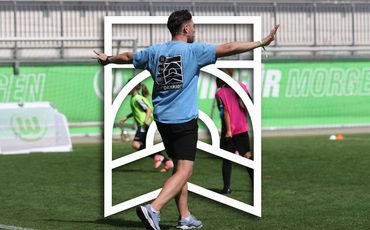What Parents Can Do to Enhance Youth Sport Participation
Parents play a vital role in shaping their children’s experience in sport. While coaches and teachers may guide training and competition, it’s parents who spend the most time with young people and know them best. This makes them uniquely positioned to support participation and help prevent dropout. In this article, we explore practical strategies parents can use—grouped into the three key dropout dimensions: social, personal, and environmental.
1. Social Support: Be Their Biggest Fan
One of the most powerful things a parent can do is offer unconditional love and support, regardless of performance or results. When young people know their parents will be proud of them no matter what, they feel safe to try, fail, and grow. This kind of emotional security builds resilience and encourages continued participation.
2. Personal Development: Support Confidence and Wellbeing
Parents can also support their child’s sense of competence and wellbeing by being positive spectators rather than sideline coaches. Cheering from the stands and reinforcing the coach’s messages at home helps create a consistent and encouraging environment. A strong, respectful relationship between parent, coach, and athlete also contributes to better mental wellbeing—another key factor in reducing dropout.
3. Environmental Support: Provide Resources and Time
From driving to training sessions to buying equipment, parents are often the logistical backbone of youth sport. Their material support—time, money, and effort—makes participation possible. Beyond that, parents can also contribute to the wider sport environment by volunteering at clubs or schools, helping to create a more supportive and inclusive community.
4. Encourage Independence
As children grow into teenagers, they naturally seek more independence. Parents can support this by gradually encouraging their child to take more responsibility for their sport. This might include:
- Packing their own kit
- Speaking directly with coaches
- Managing their own schedules
Taking public transport to training or competitions
These small steps help young people build confidence, autonomy, and life skills—all while staying engaged in sport.
Conclusion
Parents don’t need to be experts in sport to make a big difference. By offering emotional support, encouraging development, providing resources, and fostering independence, they can help their children enjoy a long and positive journey in sport.
Watch the full video below
Comments
Related Pages


